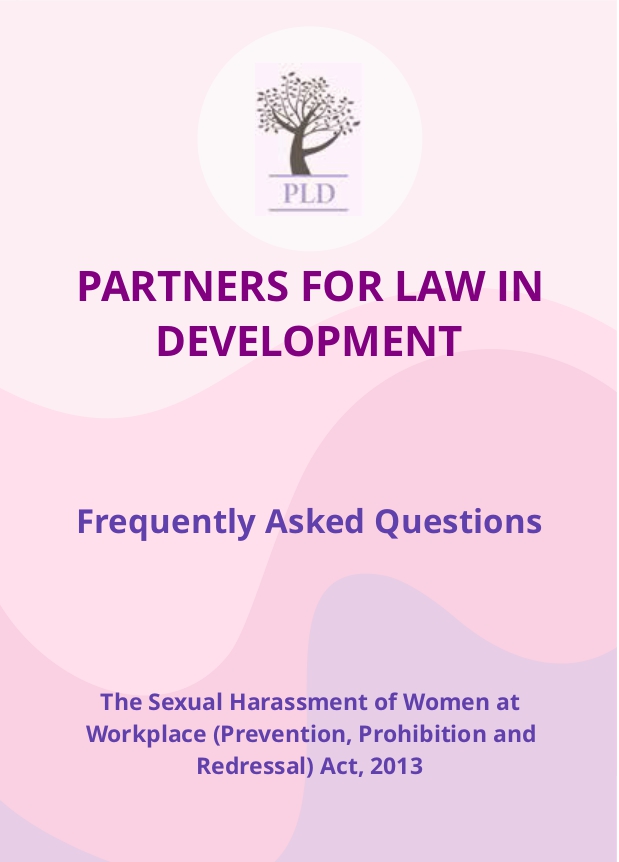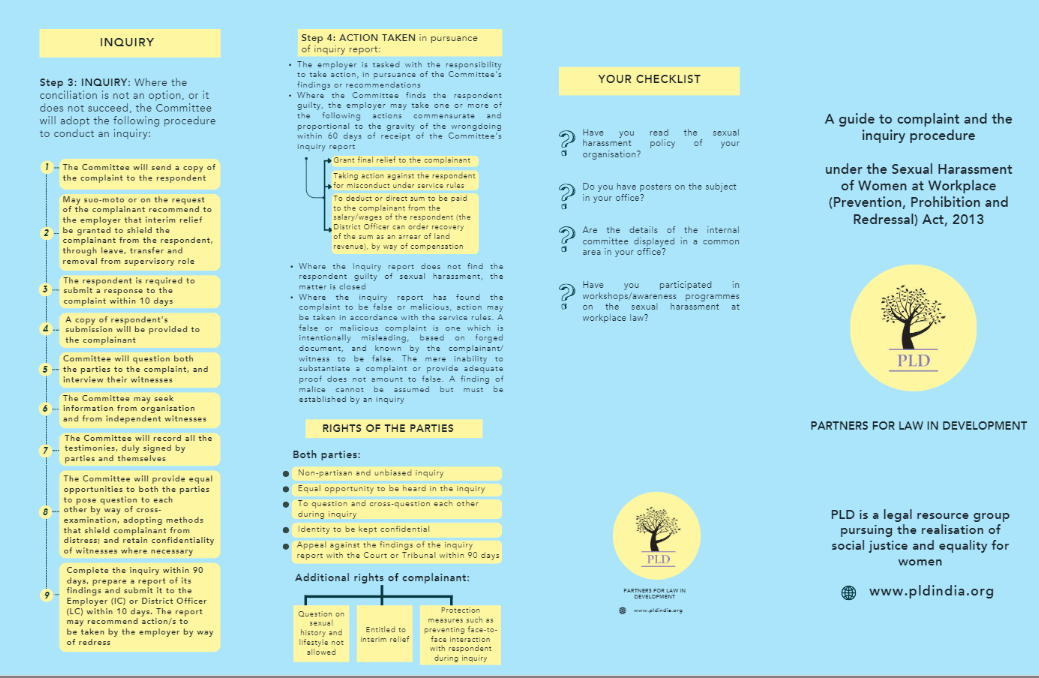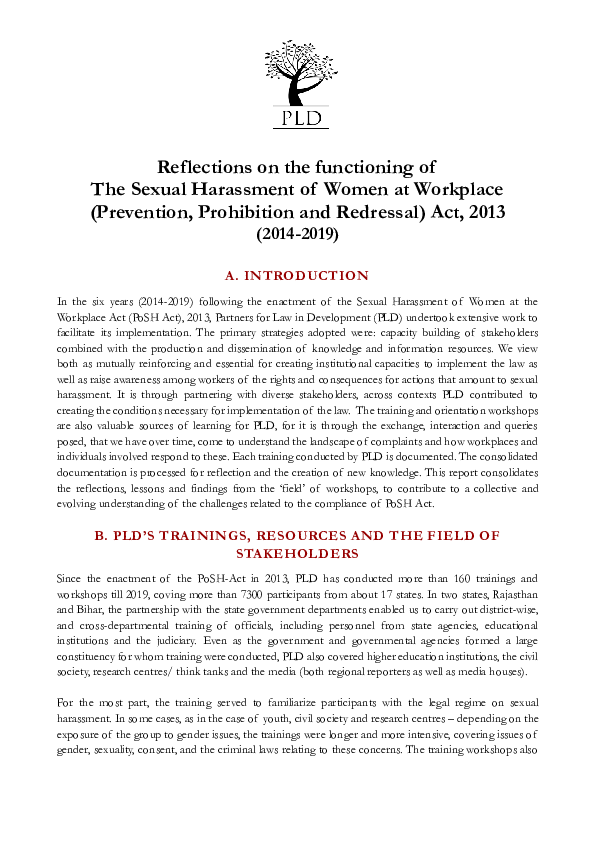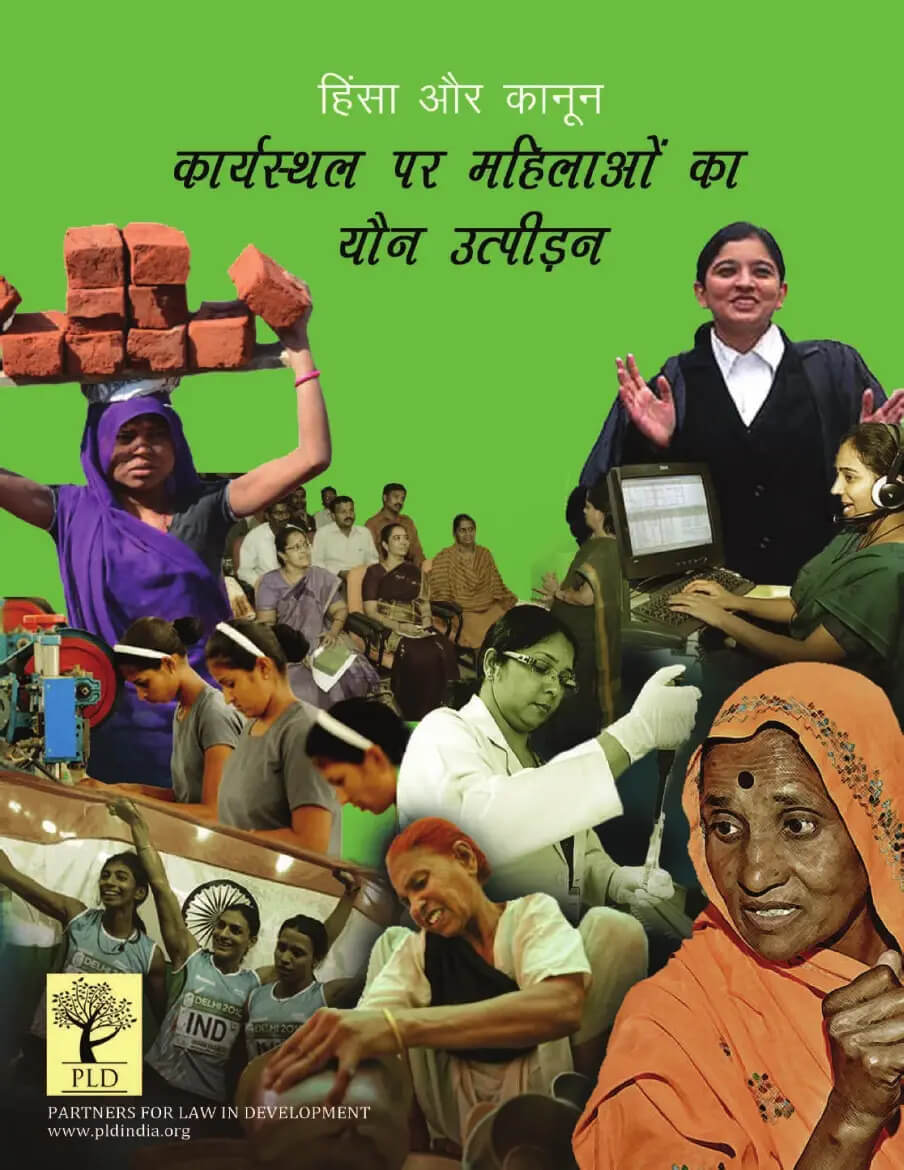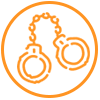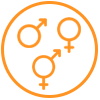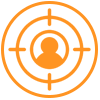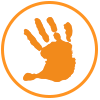Who We Are
PLD is a legal resource group pursuing the realisation of social justice and equality for women. We work in contexts of marginalisation shaped by gender, sexuality, caste, culture and poverty, to take into account the intersecting systems of oppression that diminish recognition and access to rights. We pursue our mission through three mutually complementary strategies – of building capacities, creating evidence-based knowledge, and information resources, alongside engaging with social policy at domestic and global levels.
What We Do

Capacity Development
Developing capacities is a key pathway by which PLD seeks to bring about change.

Research
Our resources endeavour to be accessible to trainers, NGOs, lawyers, and senior field workers.

Outreach
PLD’s advocacy seeks to secure compliance of domestic law with human rights standard.

Feminist Law Archives is an ongoing project by Partners for Law in Development which chronicles the engagement of the women’s movement with law in India. The Archives provide access to unpublished or difficult to access documents and advocacy materials from the women’s movement.
VIEW MORE
CEDAW is an acronym for the Convention on the Elimination of All Forms of Discrimination against Women. It is the first international treaty that addresses discrimination against women comprehensively in all areas. Consequently, it is also referred to as the international bill of rights for women.
VIEW MORE
Recognition and respect for the dignity and agency of adolescents; their empowerment, citizenship and active participation in their own lives; the promotion of optimum health, well-being and development; and a commitment to the promotion, protection and fulfilment of their human rights, without discrimination.
VIEW MORENew Resources
Updates and Events
As part of our outreach to youth across colleges and communities in different parts of the country, to explore themes of gender expression, sexuality, consent and the law, Films and conversation on Gender, Consent and the Law series was organised in National Law University, Delhi on 7th November, 2023; Dr. B. R. Ambedkar University Delhi on 1st December, 2023; Loyola College of Social Sciences, and the Sakhi Women’s Resource Centre, Thiruvananthapuram on 19th December, 2023; a two day film festival in Bhopal, in collaboration with ParimalLab (Pracademic Action Research Initiative Multidisciplinary Approach Lab), MP Police, Eka The Communicators’ Collective, The Bhopal School of Social Sciences and the Department of Women and Child Development, Madhya Pradesh on 5th – 6th January, 2024; Centre for Health and Mental Health, Tata Institute of Social Sciences, Mumbai on 19th January 2024.
Trainings on the Sexual Harassment at the Workplace Law was organised for Indian School of Development Management students on September 15th, 2023 for 116 students; for CEQUIN (Centre for Equity and Inclusion) on 30th and 31st October, 2023 for women’s collective in Noor Nagar, Jamia, and the mahila panchayat of Haji Colony, Jamia Nagar; in New Delhi on 18th November 2023 with 21 participants from 3 States (Delhi, Haryana and Tamil Nadu) holding diverse positions including Internal Committee Members, Members of Management, Teacher, Counsellor and Lawyer; in Thiruvananthapuram on 20th December 2023, held in collaboration with Sakhi Women’s Resource Centre with 20 participants from diverse positions and sectors, including Assistant Commissioner, Translator, Principal Scientist, Chief Manager, Law Officer, Assistant Director, Development Officer, Scientific Assistant, State Coordinator, Lecturer, Project Coordinator, State Consultant, Advocate, Assistant General Manager and Medical Officer.
PLD organized a National Meet to review a decade of law reforms regarding sexual violence, sexual harassment, and trafficking in India. The event, held from August 23rd to 25th, 2023, brought together practitioners, researchers, and first responders, aiming to offer diverse perspectives on these critical issues. In the national meet, a vibrant tapestry of participants came together, including first responders, advocates, researchers, academics, and individuals deeply engaged in the cause. These diverse voices offered a rich panorama of perspectives, each with its diverse vantage point.






